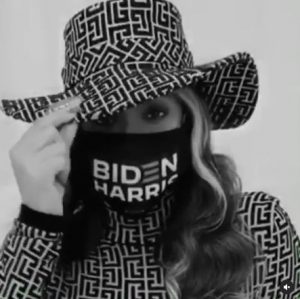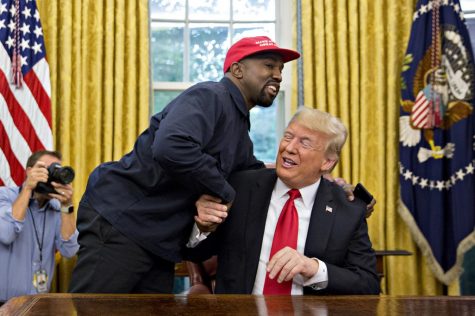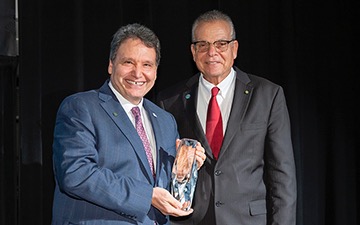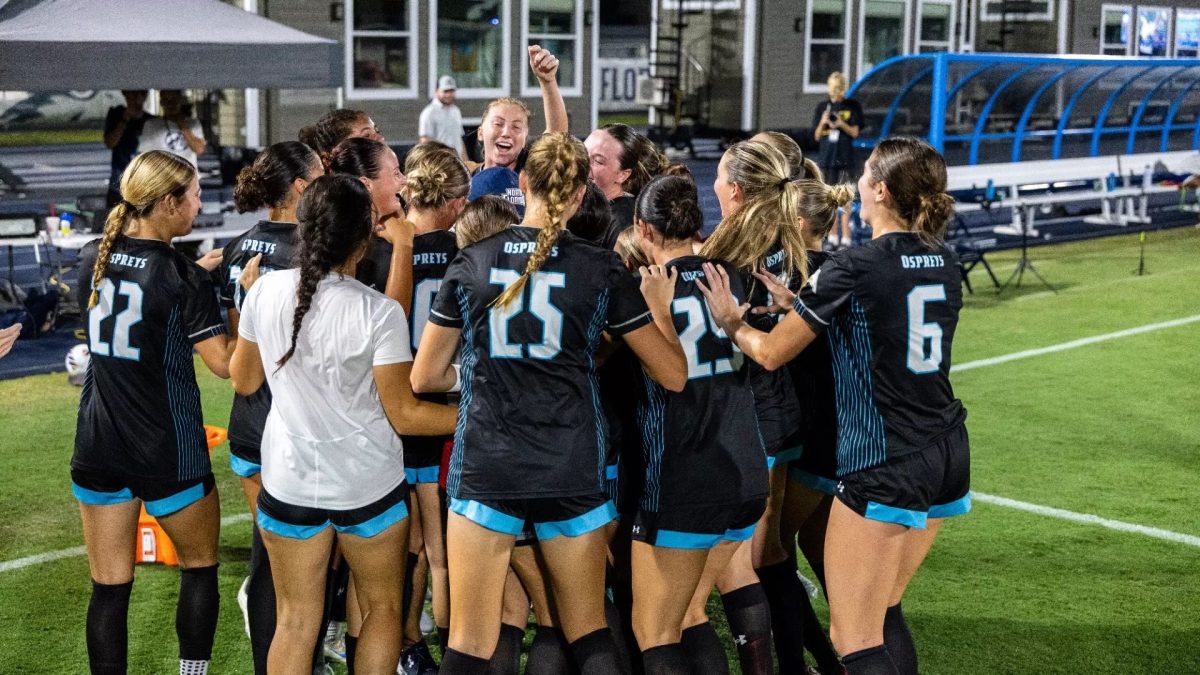As the election results are still underway, with mail-in votes still being counted, researchers are curious about whether celebrity endorsements have a role to play in the narrow turn out.
This presidential election proves itself to be another case as this year strikes a different note compared to previous elections.
The Black Lives Matter Movement made a striking comeback with the death of George Floyd in May, launching a global shift towards addressing racism.
With the COVID-19 pandemic hitting America with over 230,000 deaths and some of the younger generation voicing their opinions on equality, healthcare and climate change, celebrities and politicians are held in a different light.
In the 2008 election, Oprah Winfrey most notably supported former President Barack Obama when he first ran for the presidency, which researchers believed contributed about a million additional votes for Obama.
Though, some college researchers claim there is not enough evidence to support a celebrity endorsement that could have such a large influence on a presidential candidate’s vote tally. Other researchers believe that an endorsement affects their fanbase rather than the candidate.
“Celebrity endorsers may influence the portion of the American public (increasingly small) who otherwise do not have strong candidate preferences, or pay much attention to politics,” Dr. Sean Freeder, UNF assistant professor of political science said. “At best, celebrity endorsements have a minor impact on public vote choice.”
Celebrity endorsements in the U.S. believed to have started in 1920, precisely a hundred years ago, with film stars publicly supporting Warren G. Harding in the presidential election. From then on, many celebrities vocalized their political opinions among their fanbase.

But regardless of who wins the election, celebrities pay a steep price in followers. In 2003, the Dixie Chicks, now known as the Chicks, harshly criticized former President George W. Bush during a concert in London. Such criticism caused a significant uproar among their country fans, who tend to be conservative, thus getting themselves “canceled.”
“Celebrities themselves, by making an endorsement, risk losing a share of their audience and inviting public ridicule and anger,” Dr. Freeder said. “Celebrities are far less likely to benefit from endorsements. Negativity bias means that we are far less likely to reward someone for agreeing with us than we are to punish them for disagreeing.”

Kanye West officially declared his support for President Donald Trump in 2018, which cost some of his liberal fans. West claims that his stance has changed as of July of this year.
Celebrities, such as Miley Cyrus, Snoop Dog and Chelsea Handler made serious remarks about leaving the country if Trump was elected yet never left. Fans called them out for not pulling through.
A celebrity’s influence, especially during the age of social media, has a large effect over the Millennial and GenZ generation.
Simply having celebrities posting their support for voting, such as rapper Common participating in the “Party at the Polls” event in Jacksonville and Lizzo creating TikTok videos telling people to vote, has sparked one of the largest voter attendance with about 70% of the citizen voting-age population.
At the time of article publication, Alaska, Georgia, Nevada, North Carolina, and Pennsylvania are still counting votes that will determine the 2020 election.
__
For more information or news tips, or if you see an error in this story or have any compliments or concerns, contact editor@unfspinnaker.com.















